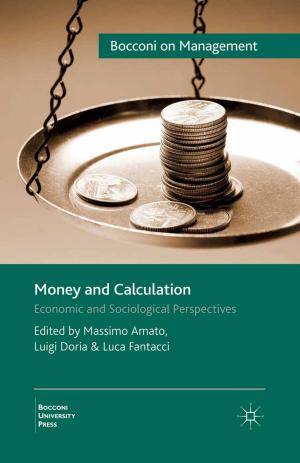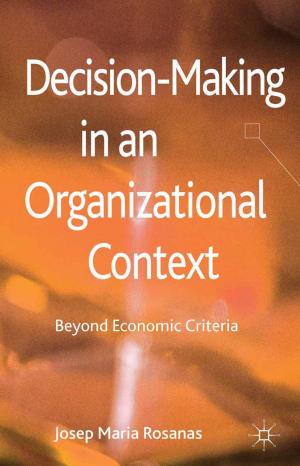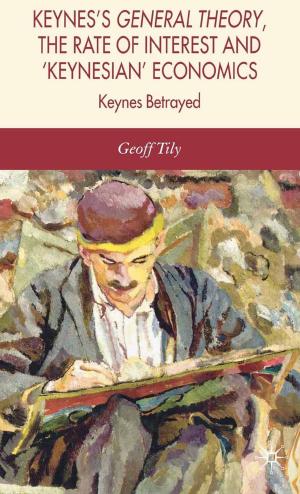Working-Class Boys and Educational Success
Teenage Identities, Masculinities and Urban Schooling
Nonfiction, Reference & Language, Education & Teaching, Educational Theory, Philosophy & Social Aspects, Administration| Author: | Nicola Ingram | ISBN: | 9781137401595 |
| Publisher: | Palgrave Macmillan UK | Publication: | May 15, 2018 |
| Imprint: | Palgrave Macmillan | Language: | English |
| Author: | Nicola Ingram |
| ISBN: | 9781137401595 |
| Publisher: | Palgrave Macmillan UK |
| Publication: | May 15, 2018 |
| Imprint: | Palgrave Macmillan |
| Language: | English |
This book examines the complex relationship between working-class masculinities and educational success. Drawing on a small sample of young men attending either a selective grammar or a secondary school in the same urban area of Belfast, the author demonstrates that contrary to popular belief, some working-class boys are engaged with education, are motivated to succeed and have high aspirations. However, the structures of schooling in a society where working class-ness is seen as feckless, tasteless and cultureless make the processes of becoming successful more challenging than they need to be. This volume reveals the unique processes of reconciling success and identities for individual working-class boys, and the important role schools have to play in this negotiation. Highly relevant to those engaged in teacher training in socially unequal societies, this book will also appeal to practitioners, sociologists of education, scholars of social justice and Bourdieusian theorists.
This book examines the complex relationship between working-class masculinities and educational success. Drawing on a small sample of young men attending either a selective grammar or a secondary school in the same urban area of Belfast, the author demonstrates that contrary to popular belief, some working-class boys are engaged with education, are motivated to succeed and have high aspirations. However, the structures of schooling in a society where working class-ness is seen as feckless, tasteless and cultureless make the processes of becoming successful more challenging than they need to be. This volume reveals the unique processes of reconciling success and identities for individual working-class boys, and the important role schools have to play in this negotiation. Highly relevant to those engaged in teacher training in socially unequal societies, this book will also appeal to practitioners, sociologists of education, scholars of social justice and Bourdieusian theorists.















